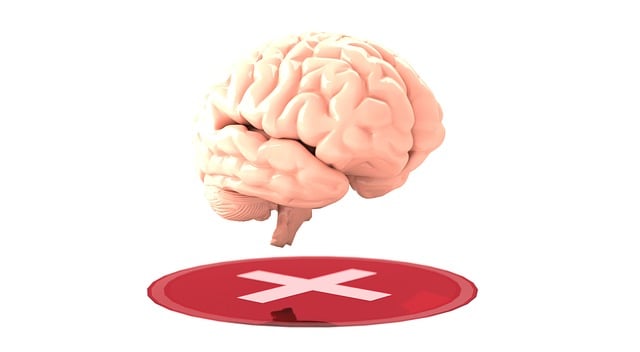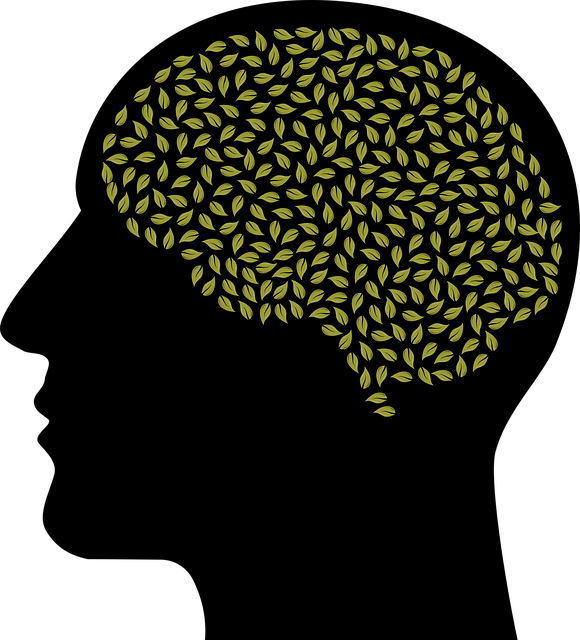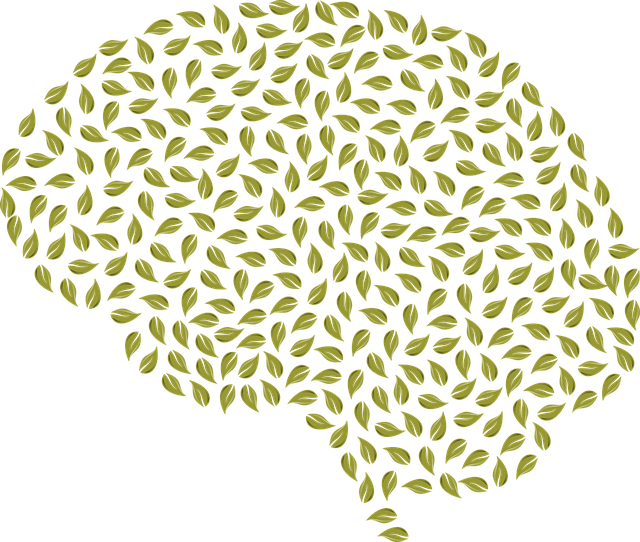Addressing gambling behavior in young adults is vital for mental health, as rising rates indicate potential underlying issues like depression or substance abuse. Effective self-assessment tools are lacking, especially those tailored for young adults facing unique challenges like gambling addiction. Developing comprehensive assessments that identify risk factors and early signs of compulsive behaviors is crucial. Digital platforms with interactive modules and personalized guidance, including therapy options and mental wellness podcasts, offer accessible interventions and support for this demographic.
Mental wellness self-assessment tools play a pivotal role in early intervention and prevention, especially for issues like gambling addiction among young adults. This article delves into the development of such tools, addressing the growing concern of mental health risks associated with gambling behavior in this demographic. We examine existing tools, identify gaps, and propose an effective framework incorporating therapy options and support resources tailored to digital platforms, aiming to enhance prevention efforts for young adults grappling with gambling addiction.
- Understanding Young Adult Gambling Behavior and Mental Health Risks
- Existing Self-Assessment Tools for Mental Wellness: A Gap Analysis
- Designing Effective Self-Assessment Tools for Gambling Addiction Prevention among Young Adults
- Integrating Therapy Options and Support Resources in Digital Self-Assessment Platforms
Understanding Young Adult Gambling Behavior and Mental Health Risks

Understanding Young Adult Gambling Behavior and its Mental Health Implications is a critical step in developing effective self-assessment tools. Research indicates that gambling among young adults has risen significantly, often starting at a vulnerable age when decision-making processes are still forming. This behavioral pattern can be a red flag for underlying mental health issues, such as depression, anxiety, or substance abuse disorders. Early intervention is key; providing Therapy for Young Adults Gambling can prevent these problems from escalating.
A Mental Wellness Journaling Exercise Guidance tailored to this demographic could include prompts that encourage reflection on gambling habits, emotional triggers, and the impact on daily life. Similarly, a Mental Wellness Podcast Series Production featuring peer support groups and expert insights would offer an engaging medium to discuss risk factors and recovery strategies. Cultural Sensitivity in Mental Healthcare Practice is also essential, ensuring that interventions resonate with diverse young adult populations and address their unique mental wellness needs.
Existing Self-Assessment Tools for Mental Wellness: A Gap Analysis

The landscape of mental wellness self-assessment tools is vast, offering various options for individuals seeking to understand and manage their psychological well-being. Existing tools range from standardized questionnaires to app-based assessments, catering to diverse needs, including anxiety relief, trauma support services, and self-esteem improvement. However, a gap analysis reveals limited resources tailored specifically for young adults facing unique challenges such as gambling therapy.
While many assessments cover broad aspects of mental health, there is a dearth of targeted tools addressing the specific issues prevalent among this demographic. For instance, gambling addiction, a growing concern, often goes unnoticed or unassessed in standard self-evaluation forms. Incorporating tailored questions to identify risk factors and early signs could prove invaluable for young adults struggling with compulsive behaviors. Thus, developing comprehensive self-assessment tools that bridge these gaps is essential to ensure effective screening and early intervention for mental health issues affecting young adults.
Designing Effective Self-Assessment Tools for Gambling Addiction Prevention among Young Adults

Designing effective self-assessment tools for gambling addiction prevention among young adults is a nuanced and critical task. These tools must not only accurately gauge risk factors and early signs of problem gambling but also provide insights into the emotional and psychological states that contribute to or mitigate these behaviors. Incorporating elements of therapy for young adults gambling, such as cognitive behavioral techniques, can empower individuals to adopt healthier self-care practices and develop strategies for anxiety relief.
Self-assessment tools should facilitate open and honest reflection on personal experiences, habits, and triggers related to gambling. By promoting emotional healing processes, these assessments can help identify underlying issues like stress, boredom, or loneliness that may drive gambling behaviors. Furthermore, they must be designed with a user-friendly interface, ensuring accessibility and comfort for young adults seeking support, while also adhering to privacy standards to foster trust in the process.
Integrating Therapy Options and Support Resources in Digital Self-Assessment Platforms

In today’s digital era, the development of comprehensive mental wellness self-assessment tools has gained significant traction. These platforms offer a convenient and accessible way for individuals to evaluate their mental health and connect with appropriate support resources. One notable area of integration is the inclusion of therapy options tailored for young adults, such as gambling addiction treatment programs. By incorporating digital therapy sessions and interactive modules, these platforms can provide early interventions and personalized guidance, addressing issues like burnout prevention among young adults.
Furthermore, self-assessment tools can facilitate access to a diverse range of support resources. For instance, featuring a mental wellness podcast series production within the platform allows users to engage with informative content at their convenience. This multimedia approach diversifies support options, catering to different learning styles and preferences while ensuring individuals receive up-to-date information on managing mental health effectively.
The development of robust mental wellness self-assessment tools is crucial in addressing the growing concerns surrounding young adult gambling behavior. By identifying risks early, these tools can play a pivotal role in preventing gambling addiction and promoting better mental health outcomes. The article has explored various aspects, from understanding the unique challenges faced by young adults to designing effective assessments and integrating support resources. Integrating therapy options tailored to this demographic, such as digital platforms offering counseling and peer support, could significantly enhance prevention efforts. Ultimately, these measures aim to foster a healthier, more resilient generation, ensuring that young adults have access to the right tools and resources for their mental wellness, especially regarding gambling-related issues.














